Science News: Recent scientific discoveries and expert analysis
Read the latest science news and recent scientific discoveries on Live Science, where we've been reporting on groundbreaking advances for over 20 years. Our expert editors, writers and contributors are ready to guide you through today's most important breakthroughs in science with expert analysis, in-depth explainers and interesting articles, covering everything from space, technology, health, animals, planet Earth, and much more.
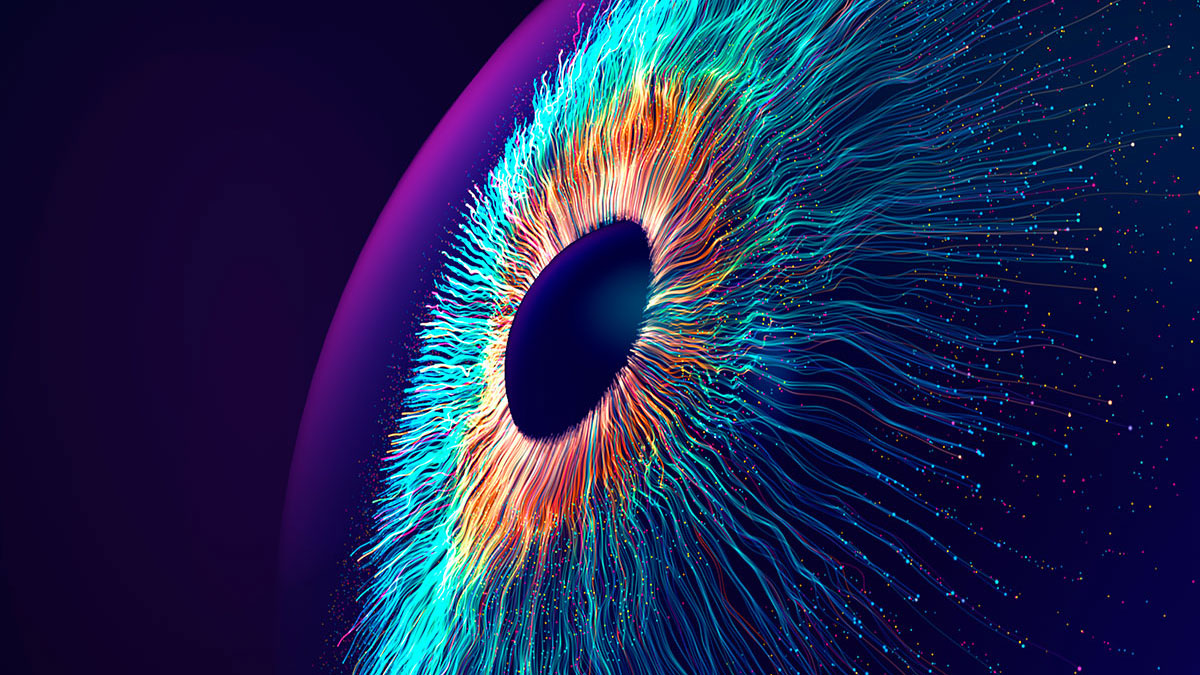
Explainers | Everything you need to know about the science news that matters.
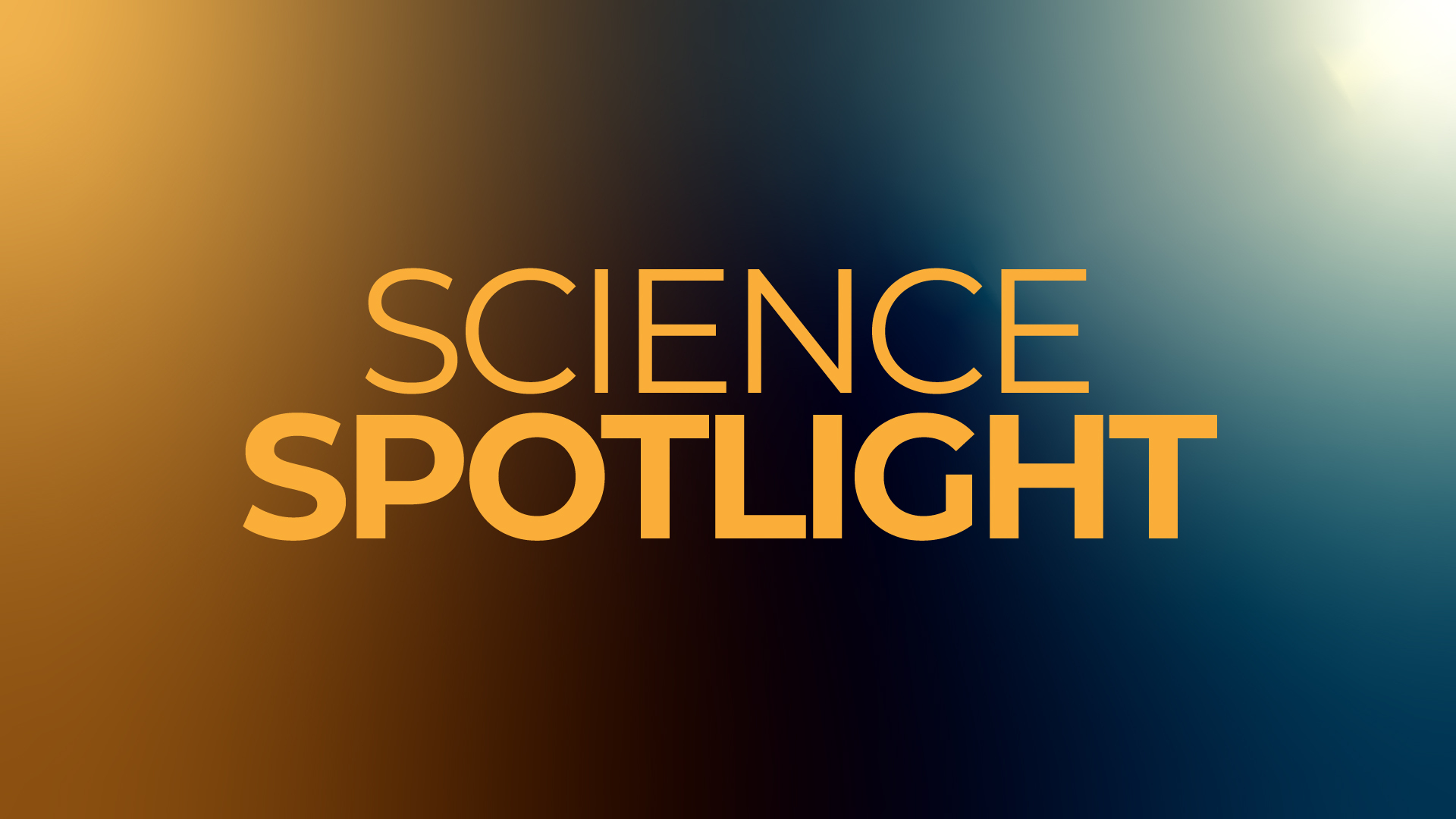
Science Spotlight | Shining a light on new science transforming our world.
Latest news

China saves 2 doomed satellites with novel 'gravitational slingshot'
By Matthew Williams published
Chinese engineers have rescued two satellites that were stuck in the wrong orbit using a novel 'gravitational slingshot' method.
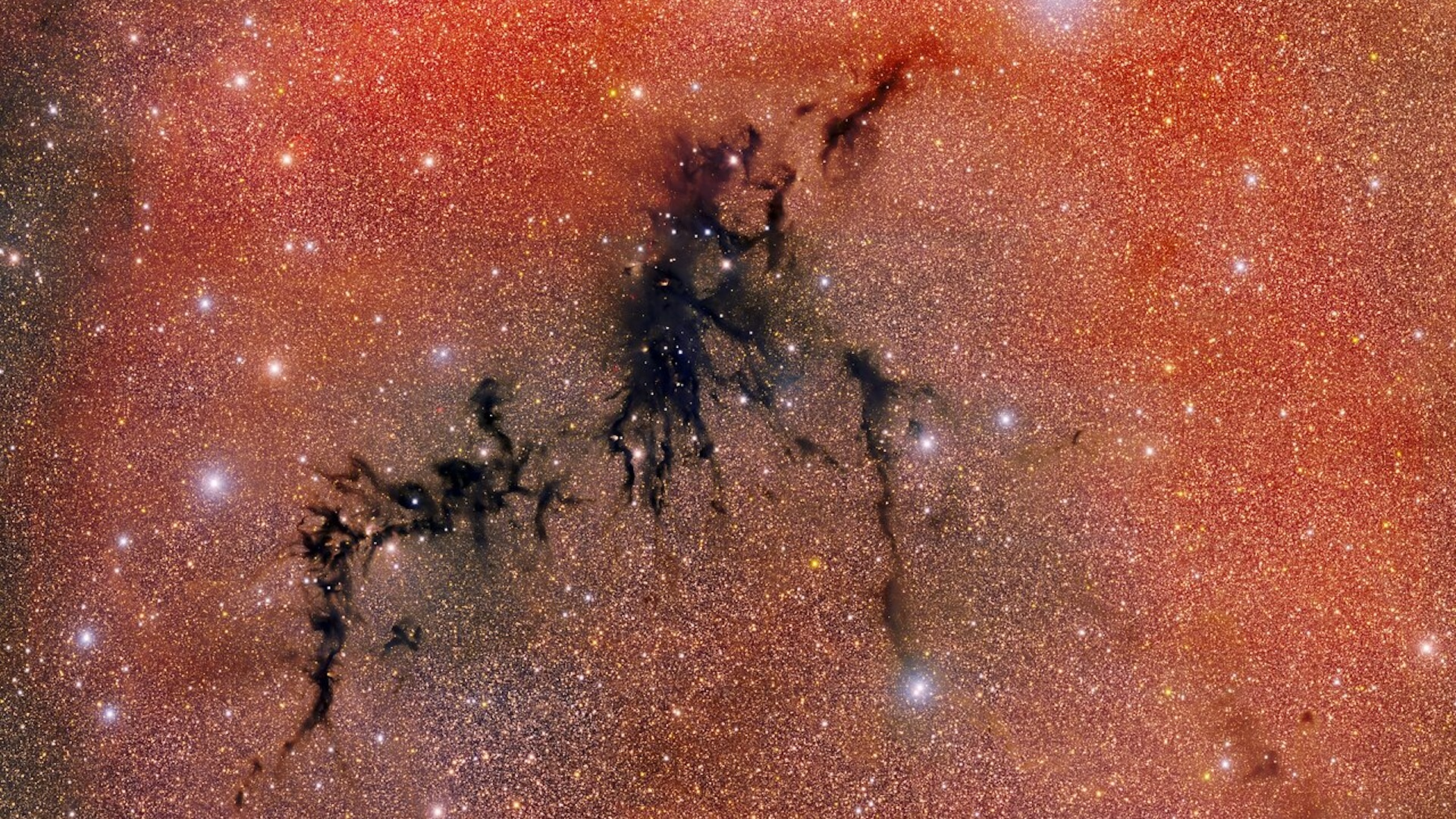
Scientists spot 'dark nebula' being torn apart by rowdy infant stars
By Brandon Specktor published
The National Science Foundation's Dark Energy Camera reveals a stunning glimpse into the 'dark nebula' known as the Circinus West molecular cloud, a region of space that's so dense with gas that light can't escape it.
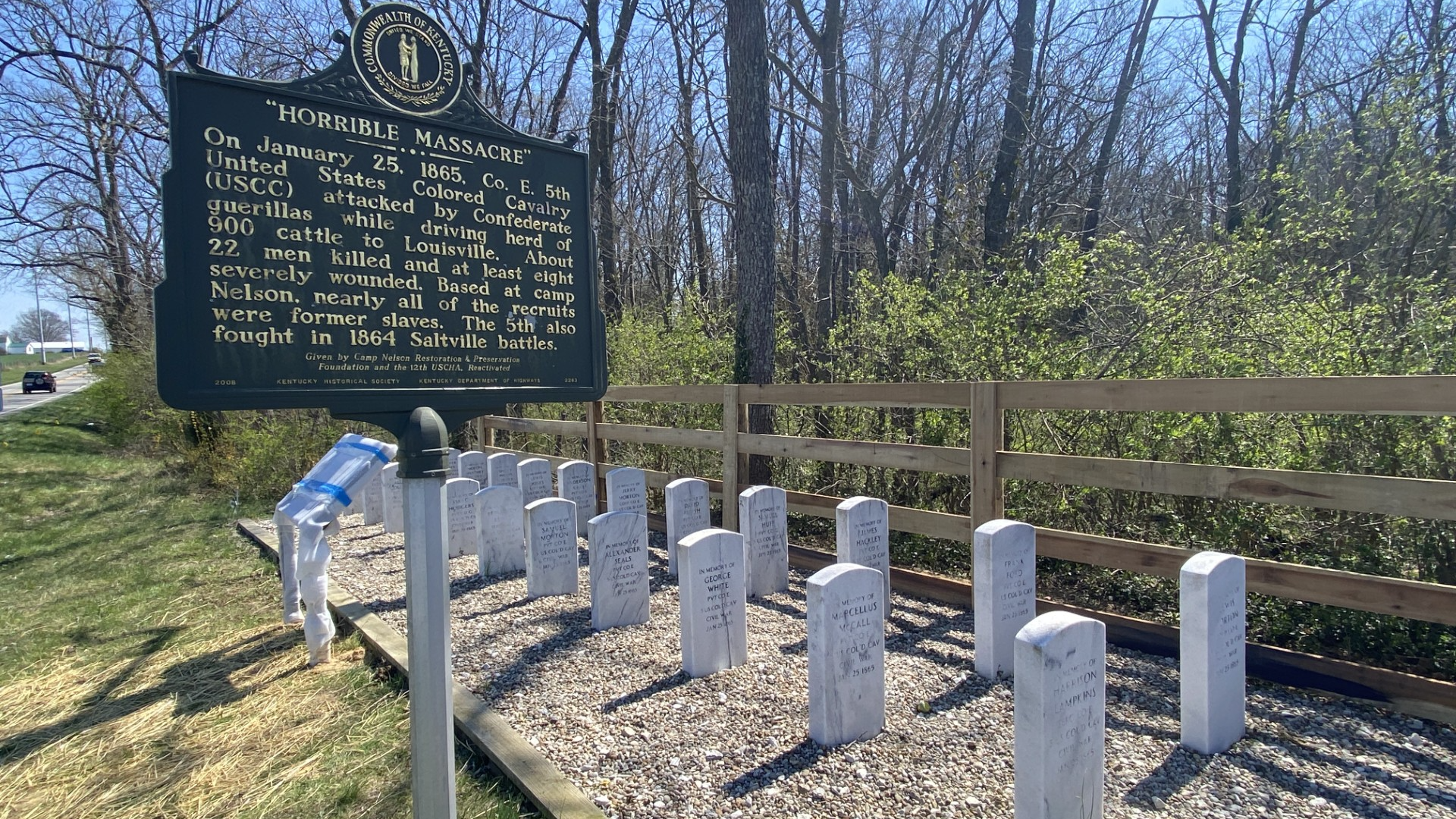
Mass graves of Black Union soldiers slaughtered by Confederate guerrillas possibly identified in Kentucky
By Kristina Killgrove published
Archaeologists have identified two potential mass graves of Black Union soldiers who were targeted by Confederate guerrillas in the Civil War.
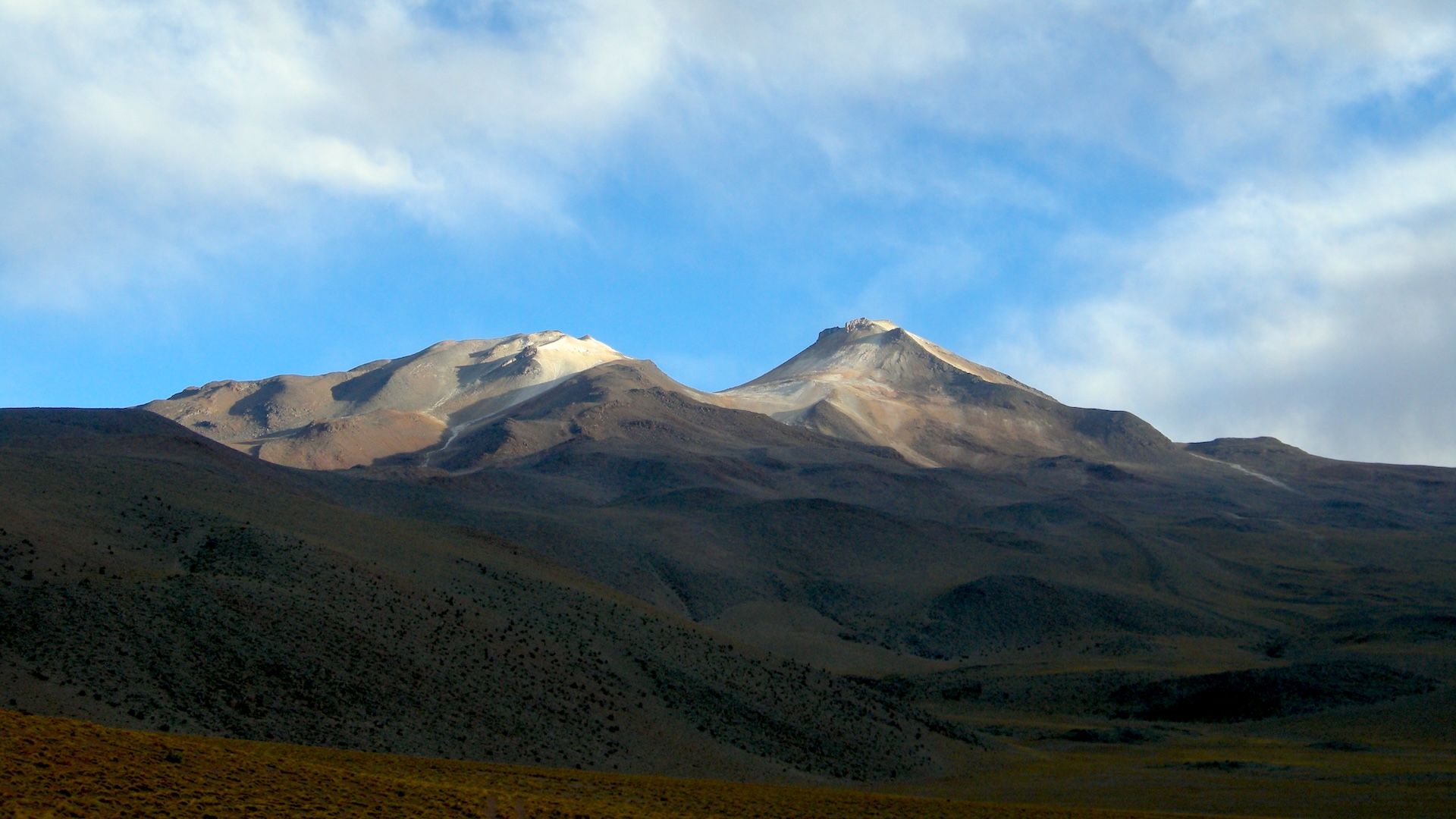
Mystery of Bolivian 'zombie' volcano finally solved
By Jess Thomson published
Uturuncu, a dormant volcano in Bolivia, appeared to be getting ready to erupt following earthquakes and "sombrero" shaped deformation — scientists have now worked out what's going on beneath the surface.
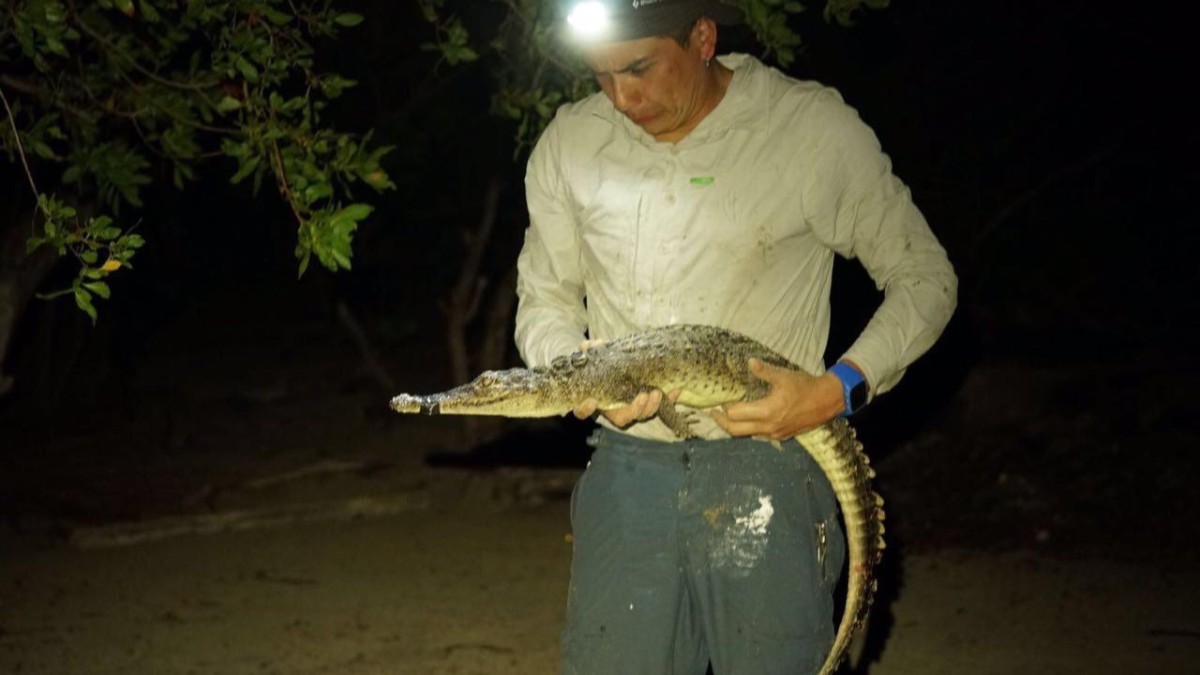
Two new crocodiles discovered in the Caribbean
By Patrick Pester published
A crocodile DNA study has revealed two previously unknown Crocodylus species in the Caribbean. The crocodiles live on Cozumel and Banco Chinchorro, where they're threatened by human activities.
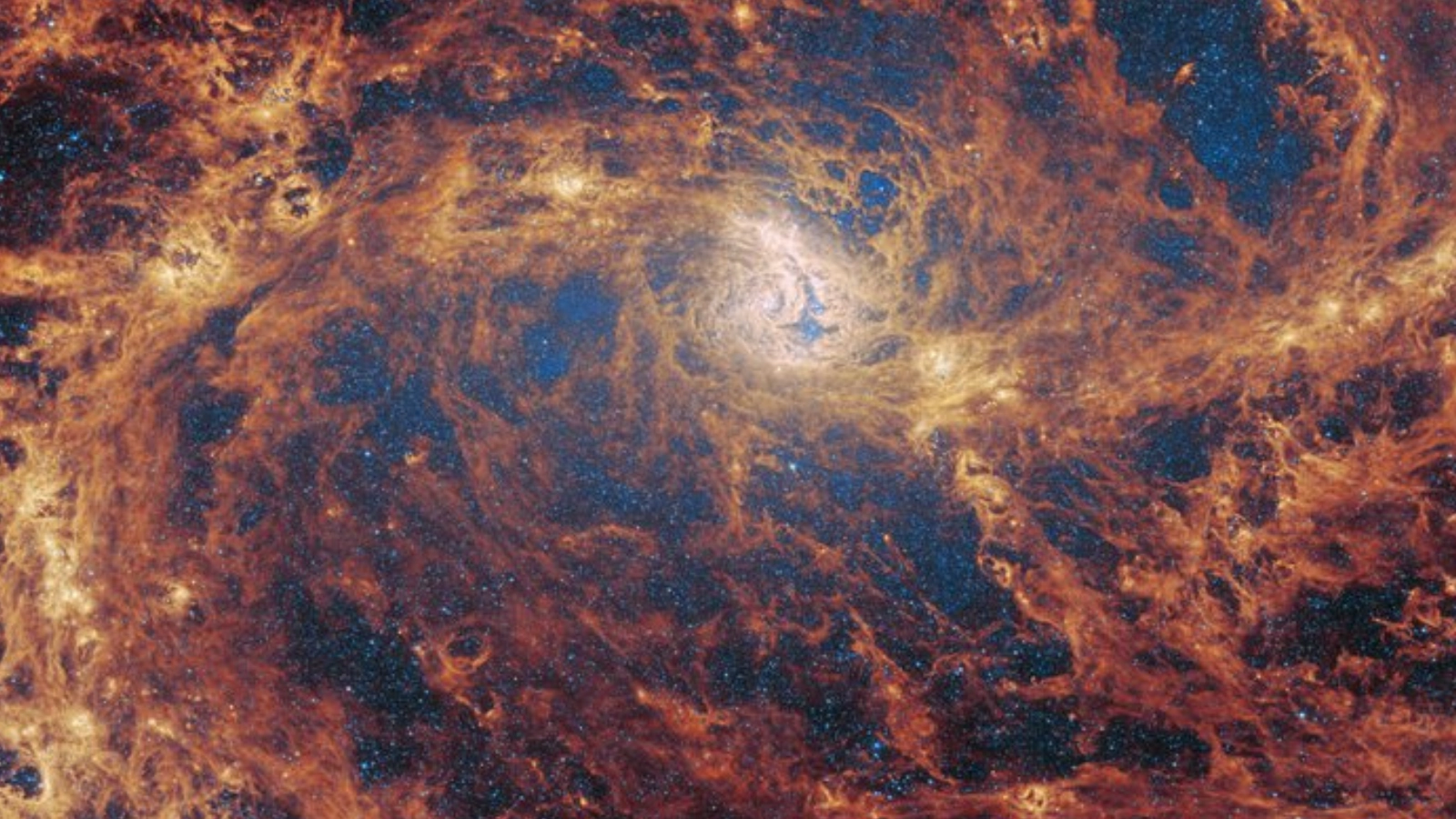
Has the James Webb Space Telescope discovered a 'missing' supermassive black hole? (video)
By Robert Lea published
Using the James Webb Space Telescope, astronomers have discovered "smoking gun" evidence of a hidden feeding supermassive black hole in a distant spiral galaxy.

The Mariana Trench is home to some weird deep sea fish, and they all have the same, unique mutations
By Olivia Ferrari published
Deep-sea fish adapt to some of the most extreme conditions on Earth. New research analyzing their evolution finds the same mutation across fish species that have evolved on separate timelines — alongside human-made pollutants contaminating the deep sea.

AI can handle tasks twice as complex every few months
By Roland Moore-Colyer published
AIs can outperform humans easily on short tasks, but longer ones are the true hurdle to overcome before we can deem them to be truly intelligent systems.

There's liquid on Titan, Saturn's largest moon. But something's missing and scientists are confused
By Julian Dossett published
Scientists have long known that Saturn's largest moon, Titan, hosts rivers and seas of liquid methane. But it's strangely lacking in river deltas, a new study suggests.

Climate change is spoiling food faster, making hundreds of millions of people sick around the world
By Sanket Jain, Yale Climate Connections published
The World Health Organization estimates 600 million people a year already suffer from foodborne illnesses.

5,000-year-old burial of elite woman with inlaid toucan's beak found in Peru
By Owen Jarus published
Archaeologists have found the remains of an elite woman who was buried with a variety of remarkable grave goods.

What are ovarian cysts?
By Jess Thomson published
Ovarian cysts are fluid-filled sacs that form on or inside the ovaries for a variety of reasons. Often, they disappear on their own, but sometimes, they can grow very large, burst or cause an ovary to twist.

Astronomers discover doomed planet shedding a Mount Everest's worth of material every orbit, leaving behind a comet-like tail
By Victoria Corless published
Astronomers discovered a planet that orbits its star so closely that its surface is being scorched into magma and vaporizing into space.

New technologies are helping to regrow Arctic sea ice
By Matilda Hay, Grist published
But should we use them?

Did the James Webb telescope really discover aliens? The truth about K2-18b.
By Brandon Specktor published
A study suggesting the exoplanet K2-18b shows potential signs of alien life has been met with skepticism from the scientific community. Here’s the truth about what the James Webb Space Telescope saw.

Mathematicians just solved a 125-year-old problem, uniting 3 theories in physics
By Jack Murtagh published
A breakthrough in Hilbert's sixth problem is a major step in grounding physics in math

Ghost forests are growing as sea levels rise
By Jude Coleman, Knowable Magazine published
As trees choked by saltwater die along low-lying coasts, marshes may move in — for better or worse, scientists are learning

'Royal Egyptian inscription' of Ramesses III's name is first of its kind discovered in Jordan
By Owen Jarus published
An inscription with the name of Ramesses III has been discovered in southern Jordan.

Deadly measles outbreaks could explode across the US if vaccinations fall, model predicts
By Jess Thomson published
Researchers modeled how measles might spread in the U.S. in the coming decades, showing that more than 50 million cases could occur if current vaccination rates fell by half.
Sign up for the Live Science daily newsletter now
Get the world’s most fascinating discoveries delivered straight to your inbox.

